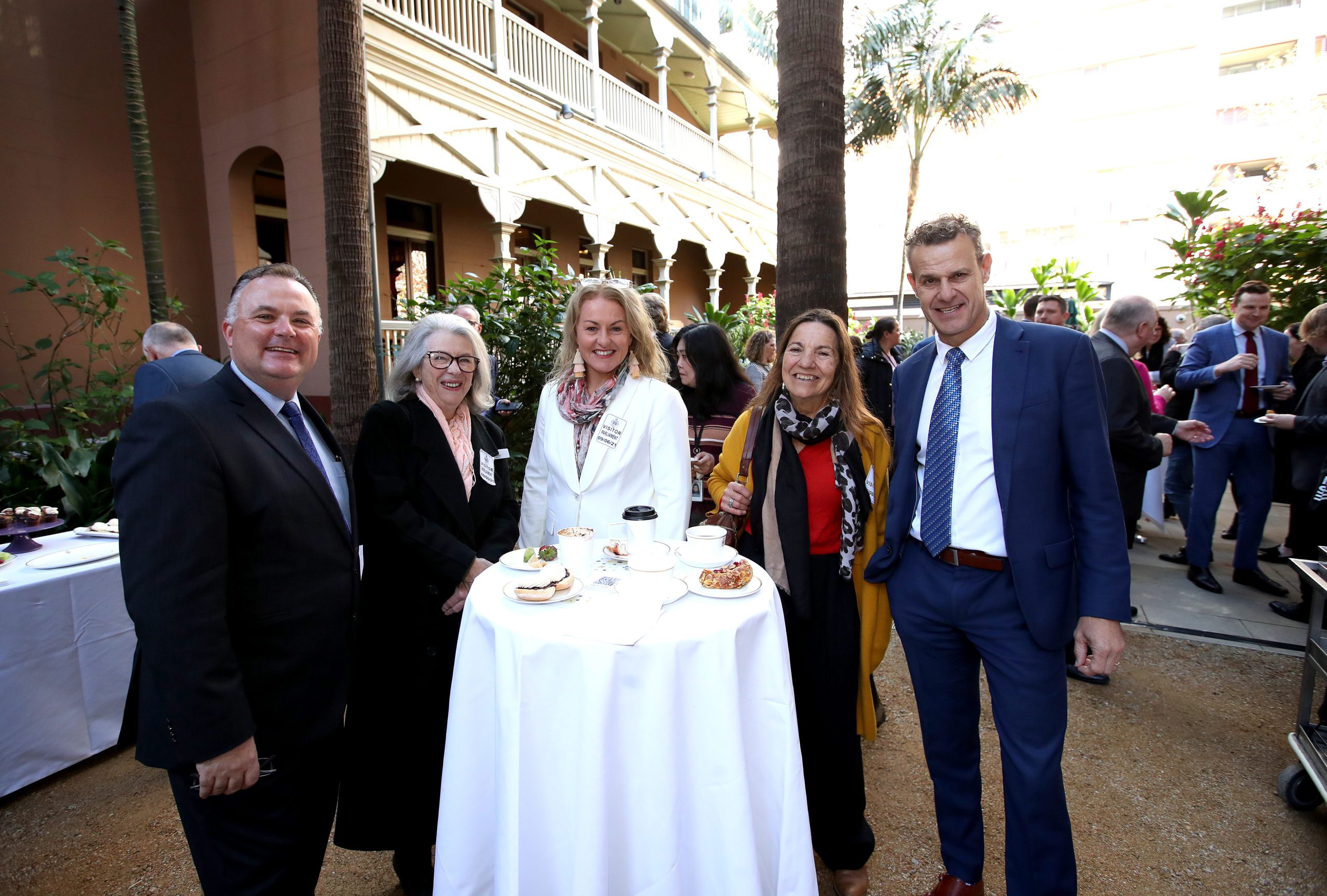Getting to know your Member of Parliament
Building a relationship with your Member of Parliament (or MP) is important if you are an advocate and want your issue to get attention.
The most effective way to engage with your MP is to build an ongoing relationship with them. Building a relationship is important because the more an MP sees you as an active member of their community, the more they will listen to what you have to say. Your MP isn’t the person you could contact. Depending on your issue, you could also reach out to:
- Federal members of parliament,
- Ministers,
- Local councillors,
- Mayors.
What your MP can do for you
- Ask questions or raise issues in Parliament and other decision-making forums.
- Help you to get information from government.
- Advise about government funding.
- Take your issue to the media.
- Talk to other MPs about your issue, including in the party room or in party policy forums.
- Sponsor your submission to a parliamentary committee.
- Take your issue to the Minister (by letter, or in person).
- Help build ties with other community or parliamentary groups.
By understanding what an MP can and can’t do, you can tailor your ‘ask’ accordingly. For example, we are focused on cancer issues so there’s no point asking an MP to solve global warming or youth unemployment! Instead, we need to consider “what can they reasonably do about the issue that we have put forward to them?” and then we ask them to do that! When you ask an MP to do something, be as specific as you can, eg, ‘can you please write to the Minister / speak in parliament about this issue?’
Find out about your MP and electorate
Identify your MP
If you are unsure who represents you in Parliament, there are a number of resources to help you identify your local MP. The Electoral Commission website allows you to search via your locality or postcode at https://roll.elections.nsw.gov.au/areafinder/

Knowing more about an MP, as a person, will help you find a more strategic way of communicating with them. There are many questions that you can research to help build your knowledge.
Get to know your MP
- What are they passionate about?
- Why did they enter politics?
- How do they present themselves, or try to define their political career?
- Who do they align themselves with? Are they part of a particular faction?
- What sort of people live in their electorate, and what issues does the electorate face?
- What are their values?
- How might they respond to particular advocacy asks?
A good place to start is the first speech they gave to parliament, referred to as an inaugural speech or a maiden speech. These can be found by searching on the Parliament of NSW website: http://www.parliament.nsw.gov.au/.
Contacting your MP
Whether it’s by mail, email, at an event or meeting, making regular personal contact with your MP is important to build a relationship. Just don’t overdo the contact! They are busy people so don’t waste their time, contact them if you have something new to communicate. Your MP will appreciate any positive local exposure and networking opportunities you can present. Think about what you can offer in return for their support; perhaps you have local contacts and good ideas about how problems can be solved.
Write to your MP
Sending a personalised email or letter to your MP is an easy and effective way to contact them. Before you write to your MP here are a few points to keep in mind:
- Use the correct title (check parliament house websites).
- Introduce yourself and mention that you are a local constituent.
- Introduce your issue and define the problem clearly.
- Tell them why you care about the issue.
- Keep it brief, simple and use plain language.
- Offer solutions and tell them what you would like them to do for you (your ‘ask’).
- Be polite.
- Include your contact details, date the letter, and keep a copy.
Useful Tips
- Get to know your issue and your MP.
- Know what you want (‘the ask’), and be realistic. Back up the issue with support where possible. e.g. ‘we’ll generate media attention, we’ll draft a paper to show how it can work locally’.
- Focus on solutions, not just problems.
- Localise the issue.
- At meetings, keep it brief and don’t overstay your welcome.
- Personal stories work, but don’t let your heart rule your head (don’t get angry or overly emotional).
- Politicians will usually be interested in two things: will your issue be politically popular (a ‘vote winner’), and how much will it cost.
- Don’t align yourself to only one party – it’s important to give all parties the opportunity to address your issue.
- Be in it for the long haul, persistence pays.
